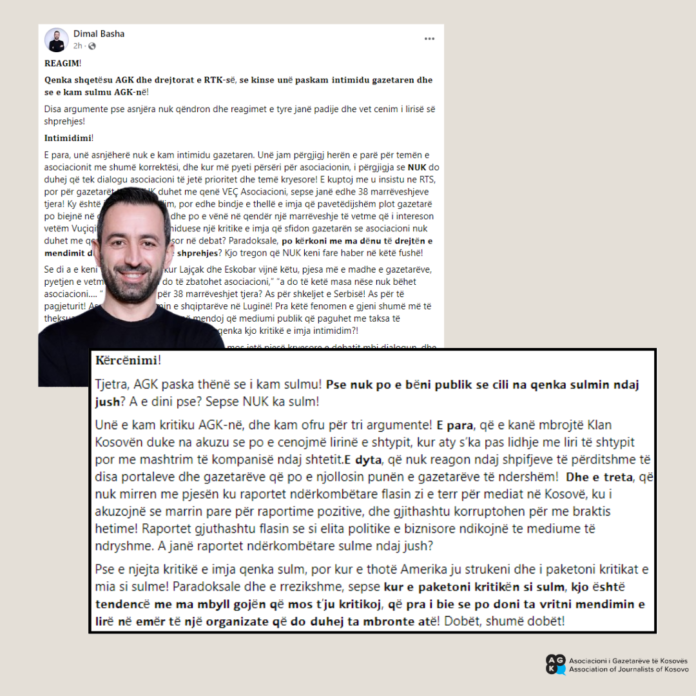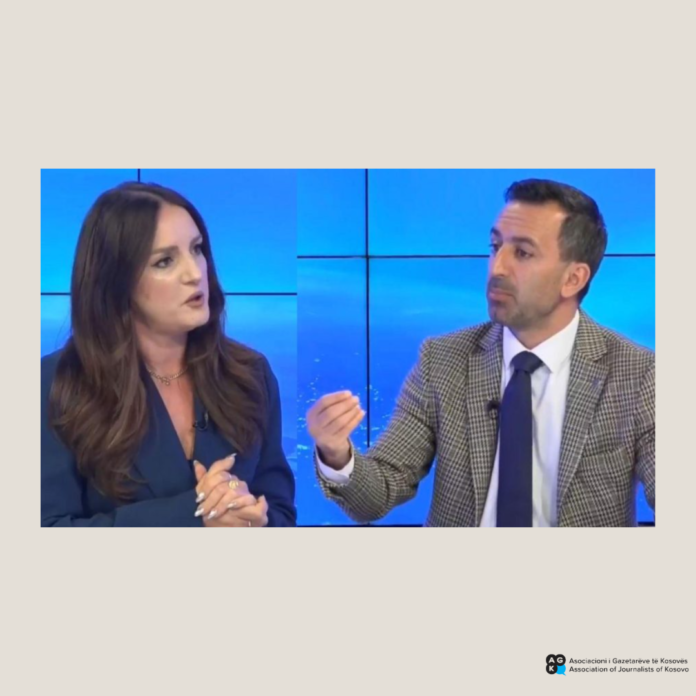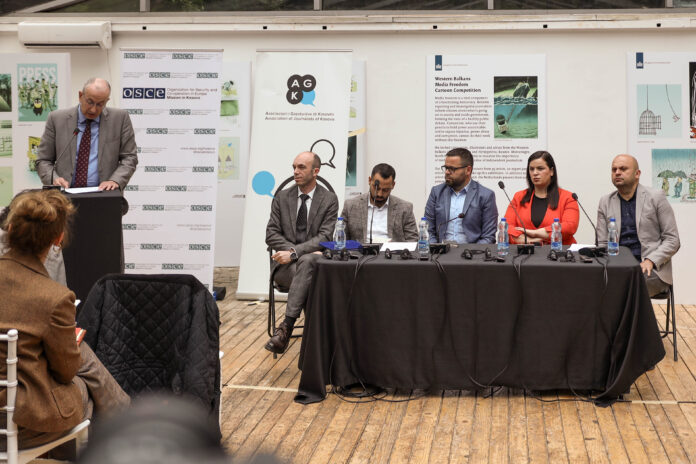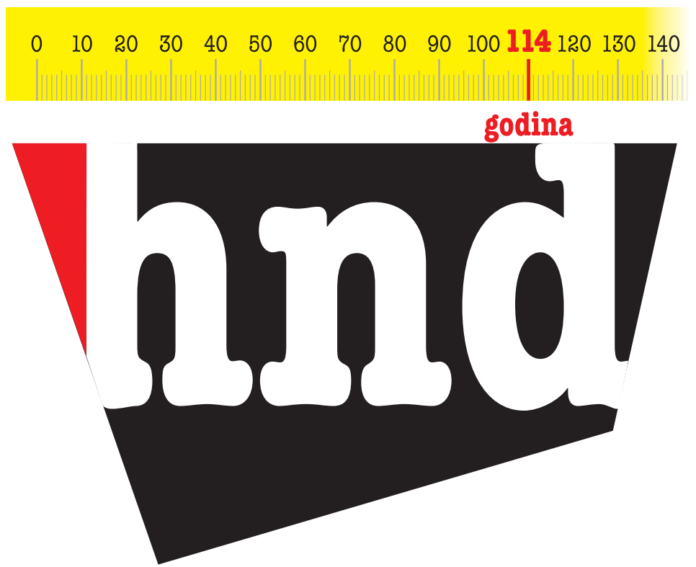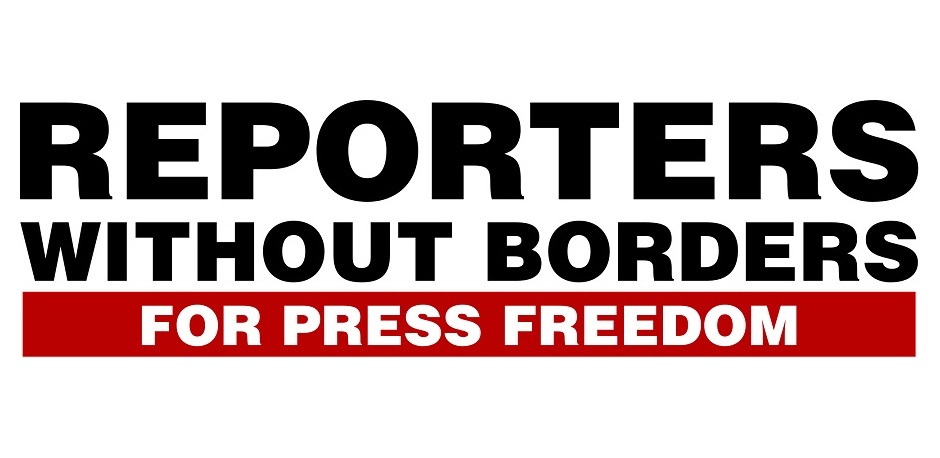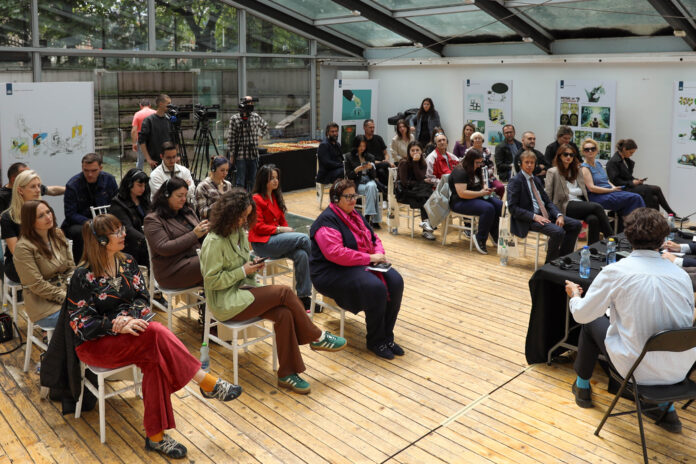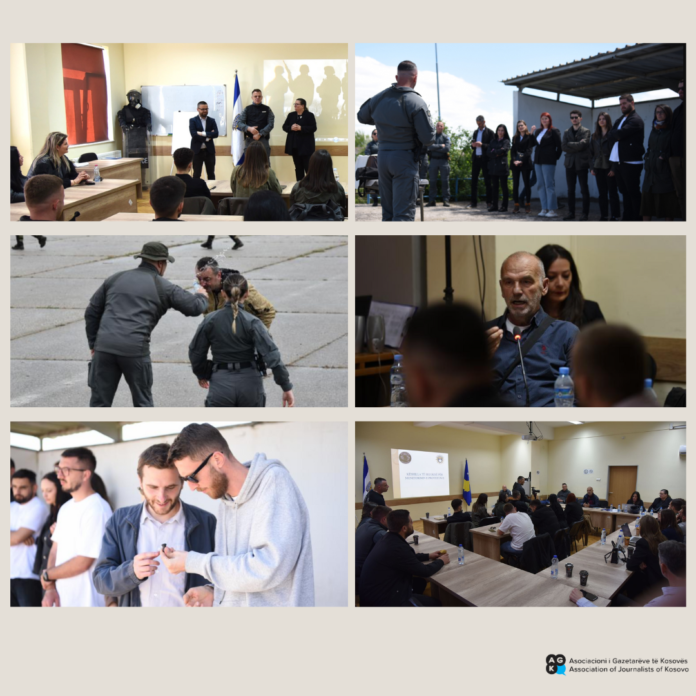PODGORICA, 03.05.2024. – The freedom of speech and expression is guaranteed by the Montenegrin Constitution and laws, but media freedom is still threatened by political interference, unpunished attacks on journalists, and economic pressures.
This was highlighted in the World Press Freedom Index for 2024, published by the international organization Reporters Without Borders (RSF) on the occasion of World Press Freedom Day on May 3.
Montenegro has regressed by one position and is now ranked 40th out of 180 countries. The previous year, it made significant progress, moving from 63rd to 39th place on the list.
Among the countries in the region, North Macedonia is the highest-ranked (36), while Montenegro is ahead of European Union members Slovenia (42) and Croatia (48). Kosovo (75), Bosnia and Herzegovina (81), Serbia (98), and Albania (99) follow.
“Despite its small population (620,000 inhabitants), Montenegro has over 150 registered media outlets, including three daily newspapers, four TV broadcasters with national frequencies – including the public channel RTCG – and one news agency. Three out of four television networks with national coverage are partially or completely owned by foreign entities, mostly companies from neighboring Serbia,” the report states.
“After the defeat of the DPS in 2020 – the former Communist Party, which had been in power for 30 years and hostile to press freedom – government pressure and attacks on journalists somewhat diminished. The new government promised to align national legislation with European law by 2024. However, there is concern that foreign owners of some media outlets will influence editorial policies that serve the interests of other governments (such as the Government of Serbia) or the interests of their local political favorites,” RSF emphasizes.
It is reminded that freedom of expression is guaranteed in Montenegro and defamation has been decriminalized. “Despite undergoing several changes in recent years, there are still gaps in the legal framework regarding free access to public information and protection of source confidentiality. As a result, media independence is insufficiently protected against political and economic pressure. The same applies to RTCG, despite the adoption of new legal provisions in 2020,” it adds.
As the main advertiser, the state has distributed most of its funds in recent decades to “loyal” media. “While RTCG and local public broadcasters are mostly funded by the state, private media are largely subject to advertiser influence and market instability. After the catastrophic economic consequences of the COVID-19 pandemic on the media, the government provided financial support that proved insufficient to ensure their sustainability.”
It is also highlighted that Montenegrin society has “deep ethnic, religious, and political divisions, alongside an authoritarian political culture inherited from the past.” “In such an environment, the media are often accused of working for foreign interests and betraying the nation or the church. Campaigns against professional journalists are often led by politicians from both ruling and opposition parties,” it is noted.
It is also mentioned that almost all attacks on journalists in recent years have been resolved, but many of those that occurred earlier remain unpunished, despite promises from the government that came to power in 2020. “This is the case, for example, in the murder of newspaper editor Duško Jovanović in 2004 and the attempted murder of investigative journalist Olivera Lakić in 2018. Journalist Jovo Martinović was acquitted of unfounded membership in a criminal group in 2023 after a seven-year trial,” the report concludes.


